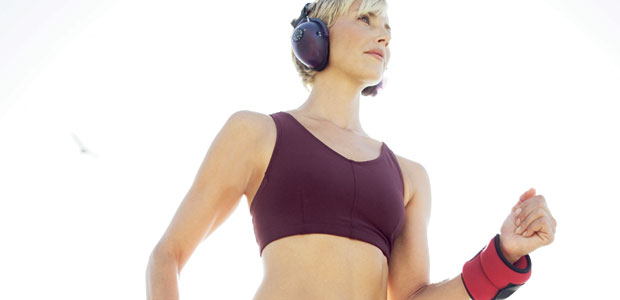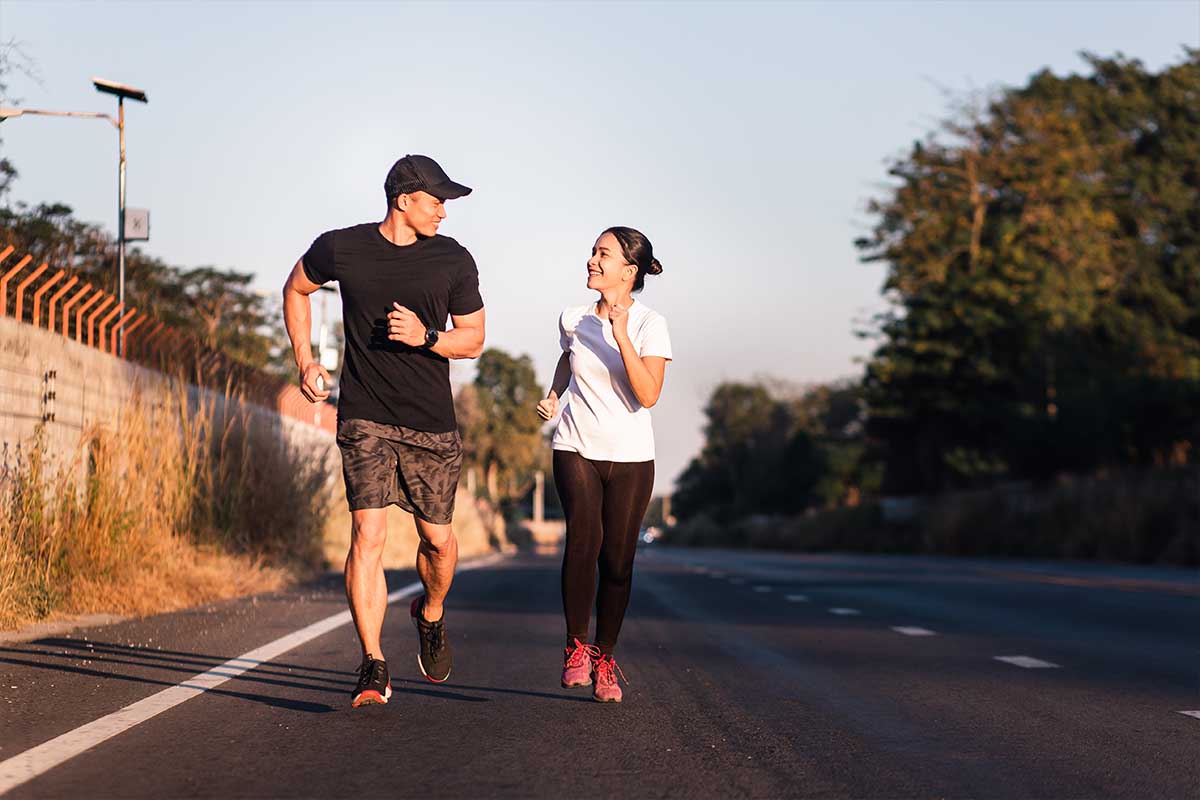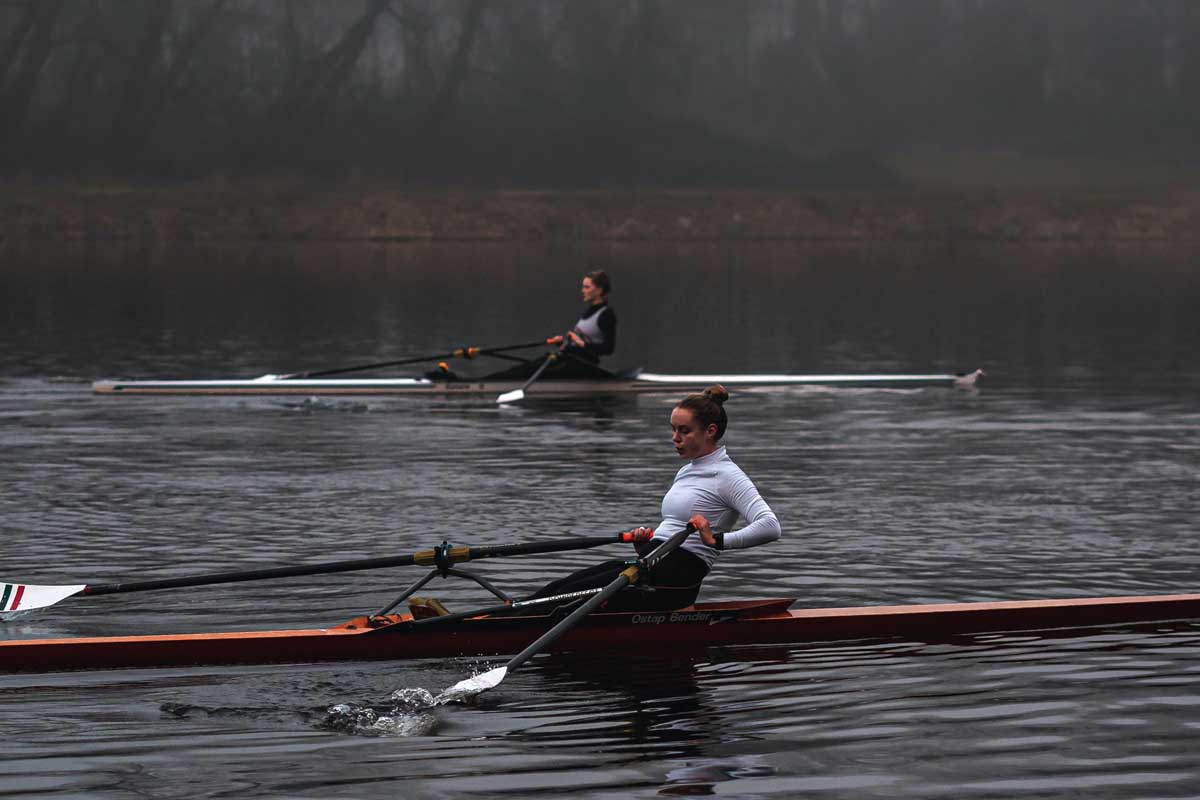Advertisement
Food for Fuel
What every athlete needs

Food choices can boost performance in any sport. Whether you’re cycling, running, swimming, or going to the gym, your body needs a proper balance of carbohydrates, protein, fats, and water.
Up Your Carbs
Carbohydrates are broken down into glucose (blood sugar) as a readily available source of energy in the body. Some of this glucose gets stored in the muscle and liver in the form of glycogen. During exercise the stored glycogen is used; when it is gone athletes can hit the wall. Exhaustion and feelings of lightheadedness occur because there is an inadequate amount of sugar released into the blood.
You can maximize your glycogen stores by eating more carbohydrates. Multiply your weight (in kg) by seven to find the number of grams of carbohydrates you should consume each day. Start the day with a carb-rich breakfast (like oatmeal or bran cereal) and centre lunch and dinner around whole grain breads or pasta instead of protein.
A Little Protein
Protein is also important to an athlete’s diet. Regular training causes damage to our muscle fibres. Protein repairs this damage and enhances muscle growth. In theory, protein can be used as a source of energy, but doing so is inefficient. When an athlete consumes more protein than the body needs, the body’s water requirement increases. This can lead to dehydration that may impair performance.
Endurance athletes need 12 to 15 percent total calories from protein every day. Take your weight in kg and multiply by 1.3 to determine the grams of protein you need daily. Some excellent sources are chicken, fish, lean meats, and low-fat dairy products.
Healthy Fats are Key
Trans fats should be avoided, but healthy fats are essential for the body. Total fat should be less than 30 percent of your daily total calories. Less than 10 percent should come from saturated fat found in animal products and vegetable oils. Much research has shown fish to be a highly beneficial source of healthy fats, as it contains omega-3 fatty acids that protect against heart disease, hypertension, arthritis, and cancer.
Water Your Body
During exercise the body sweats in an attempt to keep the core temperature at optimal levels. Whether you are cycling, running, or swimming, you need water. However, our thirst mechanism is a poor indicator of fluid requirements and should not be relied on. Athletes should replace water at 15-minute intervals throughout any activity.
How Much? How Often?
If the activity is under an hour, water is adequate. But if the exercise is longer than an hour, carbohydrates are needed at regular intervals to maintain energy stores. Some good suggestions include sports drinks, energy bars, bagels, raisins, or fruit bars. Avoid candies and pop, as they will rapidly spike blood sugar but cause it to fall just as fast.
Carbohydrate-rich foods or beverages are needed within 15 minutes after the exercise activity to optimize muscle-glycogen replacement. Aim for 75 g of carbs every hour for four to five hours. Healthy choices include juices, fruit with yogourt, bagels, and cereals. Some protein, like peanut or almond butter, is also good.
Experimenting With Fuels
One key thing to keep in mind is that every body is unique. For this reason, it is important to experiment with different foods before, during, and after training to find the right ones for you. However, event day is not the right time to experiment with new foods and beverages; before a race, stick to the tried and true.
Better food and fluid choices will give you more stamina and endurance to keep you going, whatever your sport.




